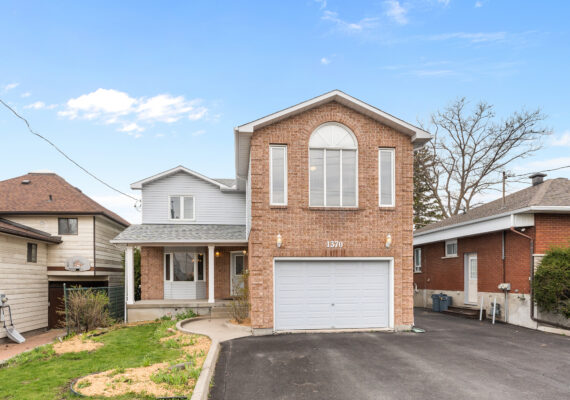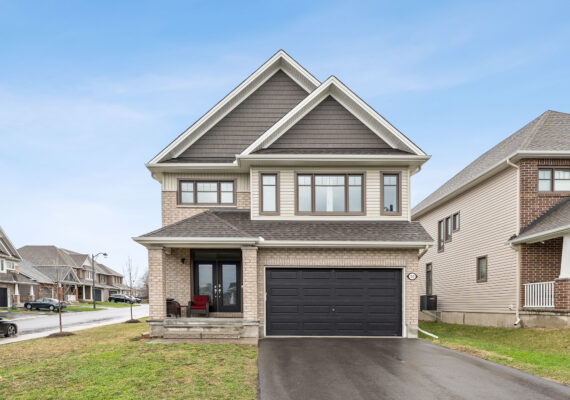
Thinking of making the big move from the hustle and bustle of city life to a quieter life in the leafy suburbs? This decision is based on your interests as a homeowner, which is greatly influenced by your personality, individual preferences, family size and status, job, and definitely your wallet. While living in a big city has its myriad of benefits, similarly, life in the suburbs also has its perks. At the end of the day, it is important to choose where to live based on the neighbourhood that suits your needs. Here are 7 things to consider before moving to the suburbs.
1. Buying or Renting a Car
Public transport circuits such as metro, buses, commuter trains and subways mostly serve the higher population of cities, but some extend to suburban neighbourhoods. And while there may be public transportation in the suburbs, it’s not as likely that it will be as developed as it is in the city. As a result, you will have to either rent or purchase a car for your daily commute, if your workplace is far from your home and there is no easily available public transportation. This can apply for other facilities as well including hospitals, shopping centres or schools. For getting around in the suburbs, having a car is truly a must.
2. Commuting to Work
More often than not, most people opt to live in the city where their jobs and meeting places are in close proximity to where they stay. It greatly reduces time spent in transit to work or from one meeting to another. This perk is not available to those who opt to move further away from the central business district to the suburbs. Statistics Canada states that long commuting times are a big city phenomenon. People living in census metropolitan areas will face traffic in peak hours since these areas are also known as large employment centers. In light of this, consider how you will manage your commute – whether you will purchase a car or if there is a train or bus circuit connected to where you will move to. However, if your job location is near the suburb where you want to move to, your commute will be greatly reduced, including time spent in traffic.
3. Peace and Quiet
If you decide to move to the suburbs, you will definitely have more peace and quiet. Cities are generally loud with everyday traffic and activities. Furthermore, the popping nightlife keeps the city alive and energetic. All this vibrant energy is exciting, but some prefer to move away from all this to a more serene home environment. There are fewer homes per square mile in the suburbs which means more space for nature.
4. Cost of Living
One important aspect to consider is the cost of living. When moving from your rented apartment in the city to the suburb, you may have to get a mortgage for the home you desire, which is a major financial move. Property taxes are also a factor to consider. That bigger home in the suburbs also means that you will pay more in utilities and water. On the flip side, moving to the suburbs can also be cost saving. Life in big cities are often expensive. In fact, the average cost of living in Ottawa for a single person is approximately $1,240 CAD per month, without rent factored in. Local amenities in the city such as grocery stores and restaurants contribute to this high figure. Considering your budget is always crucial when planning a move to a new place – suburbs or not.
5. Social Scene
With a smaller population and more spaced-out amenities, there are fewer facilities like restaurants, shopping malls, entertainment centres and other social spaces in the suburbs. Cultural diversity is also often not as prominent as in the city. There will also be fewer events and activities happening. Therefore, you need to ask yourself if you are satisfied with living in a place with less social events.
6. More for Less
You are likely to pay less rent and find more affordable houses in the suburbs than in the city. Suburban homes are less expensive than city homes. In fact, there is a direct relation between the price appreciation of homes and the travel time from downtown centres. If you don’t mind commuting, you can get bigger square footage at a lower rate, including more outdoor space in your yard at a lesser cost. Also, amenities such as schools and parking spaces are less crowded and more affordable.
7. Proximity
The seventh thing to consider is your new suburban home’s proximity to important spots that constitute your daily life. You might have already considered your distance to your workplace, but what about the closest school? Consider the distance to other important family members, or favourite meeting spots such as parks and maybe even hospitals. This will determine your means of transportation, depending on how far or close public transport circuits are. It also affects the amount of time you are willing to spend commuting to places you need to frequent.
Conclusion
Overall, whether moving away from the suburbs or to the suburbs, there are important factors to consider before deciding. Your work commute, your budget and your lifestyle are just some to consider before making the decision to move to a new city. In the end, there are many advantages to leaving the city behind and enjoying suburban life!
Pilon Real Estate Group Featured Listings: Click here!
We Keep You Covered When You Buy a Home With Our 12 Month Buyer Protection Plan!
Details at: www.HomeBuyerProtectionPlan.ca
Free Home Search With Proprietary MLS Access – New Listings – Faster Updates And More Accurate Data!
Find Homes Now: www.FindOttawaHomesForSale.com
Find Out How We Get Our Sellers More: Click here!
RE/MAX Hallmark Pilon Group Realty
www.PilonGroup.com
Email: Info@PilonGroup.com
Direct: 613.909.8100






